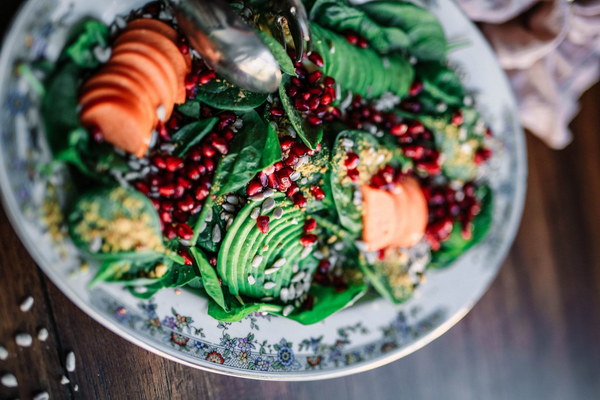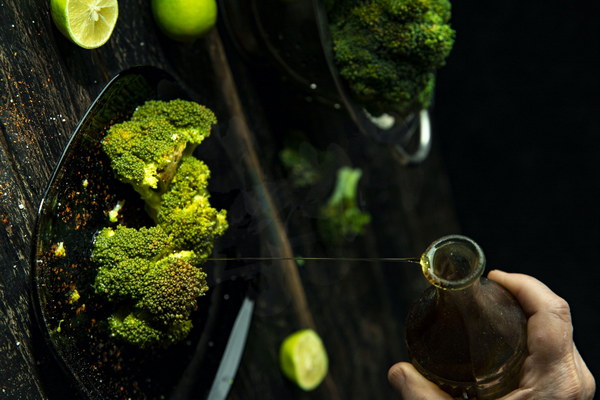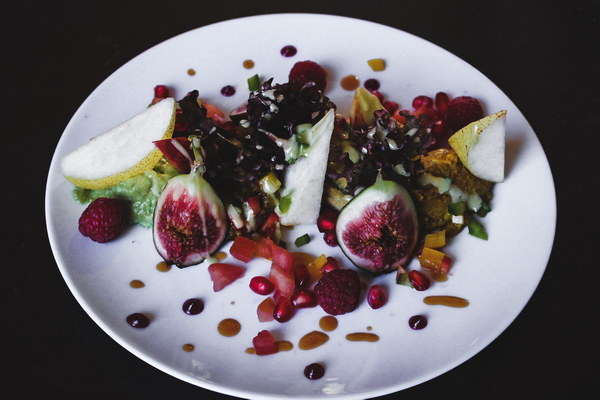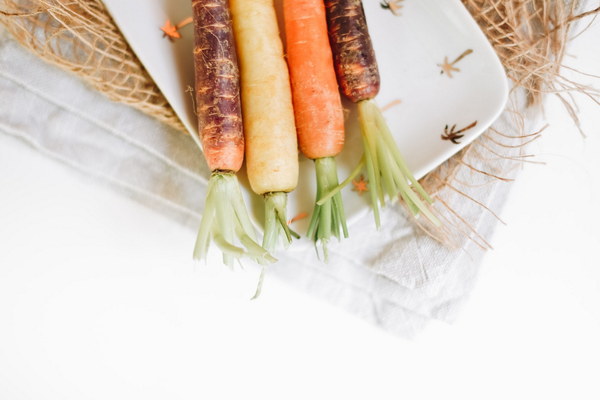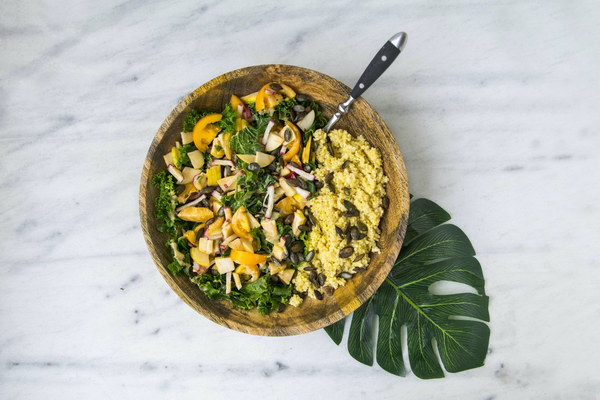Natural Remedies and Tips for Managing Baby Diarrhea A Holistic Approach
Introduction:
Baby diarrhea can be a distressing experience for parents. It is important to understand the causes, symptoms, and natural remedies to effectively manage this condition. In this article, we will explore various holistic approaches to help soothe your baby's tummy and promote healthy digestion.
1. Understanding Baby Diarrhea:
Baby diarrhea is characterized by loose, watery stools. It can be caused by various factors, including infections, food intolerances, or teething. Identifying the underlying cause is crucial in managing the condition effectively.
1.1 Symptoms of Baby Diarrhea:
- Loose, watery stools
- Increased frequency of bowel movements
- Fever or vomiting (in some cases)
- Loss of appetite

- Dehydration (manifested by dry mouth, decreased urination, or sunken fontanel in infants)
1.2 Causes of Baby Diarrhea:
- Infections: Viral, bacterial, or parasitic infections can lead to baby diarrhea.
- Food intolerances: Certain foods may trigger diarrhea in babies, especially those with sensitive digestive systems.
- Teething: Gums can become inflamed during teething, leading to increased saliva and diarrhea.
- Medications: Some medications can cause diarrhea as a side effect.
2. Natural Remedies for Baby Diarrhea:
2.1 Hydration:
Ensuring adequate hydration is essential in managing baby diarrhea. Offer small, frequent sips of oral rehydration solutions (ORS) or water to prevent dehydration. Breast milk is also an excellent source of hydration and nutrients for infants.
2.2 Probiotics:
Probiotics are beneficial bacteria that promote healthy digestion. Incorporating probiotic-rich foods, such as yogurt or kefir, can help restore the balance of gut flora and alleviate diarrhea. Consult your pediatrician before giving probiotics to your baby.
2.3 Breastfeeding:
Breast milk is a natural remedy for baby diarrhea. It contains antibodies that can help fight infections and support your baby's immune system. If you are breastfeeding, continue to do so as it can help manage your baby's condition.
2.4 Dietary Adjustments:
Adjusting your baby's diet can help alleviate diarrhea. Consider the following tips:
- Introduce new foods one at a time to identify potential allergens.
- Avoid foods high in sugar and fat, as they can irritate the digestive system.
- Opt for bland, easily digestible foods, such as bananas, rice, applesauce, and toast (the BRAT diet).
- Do not introduce cow's milk until after 12 months of age, as it can cause gastrointestinal issues in infants.
2.5 Herbs and Remedies:
Some natural herbs and remedies can help soothe your baby's tummy and alleviate diarrhea. However, it is important to consult a pediatrician before using any herbal remedies:
- Ginger: Known for its anti-inflammatory properties, ginger can help ease gastrointestinal discomfort.
- Chamomile: This herb has calming effects and can be used in a tea to soothe your baby's tummy.
- Peppermint oil: Peppermint oil can be massaged onto your baby's abdomen to relieve pain and discomfort.
3. Preventing Baby Diarrhea:
Preventing baby diarrhea involves maintaining good hygiene practices and making appropriate dietary choices:
- Wash your hands thoroughly with soap and water before handling your baby.
- Keep your baby's hands clean by washing them frequently.
- Avoid contaminated food and water.
- Practice good hygiene when changing diapers and cleaning the baby's bottom.
Conclusion:
Managing baby diarrhea can be challenging, but with proper knowledge and natural remedies, you can soothe your baby's tummy and promote healthy digestion. Always consult your pediatrician before trying any new remedies or making significant changes to your baby's diet or routine. Remember, adequate hydration, a balanced diet, and good hygiene practices are key to preventing and managing baby diarrhea.
